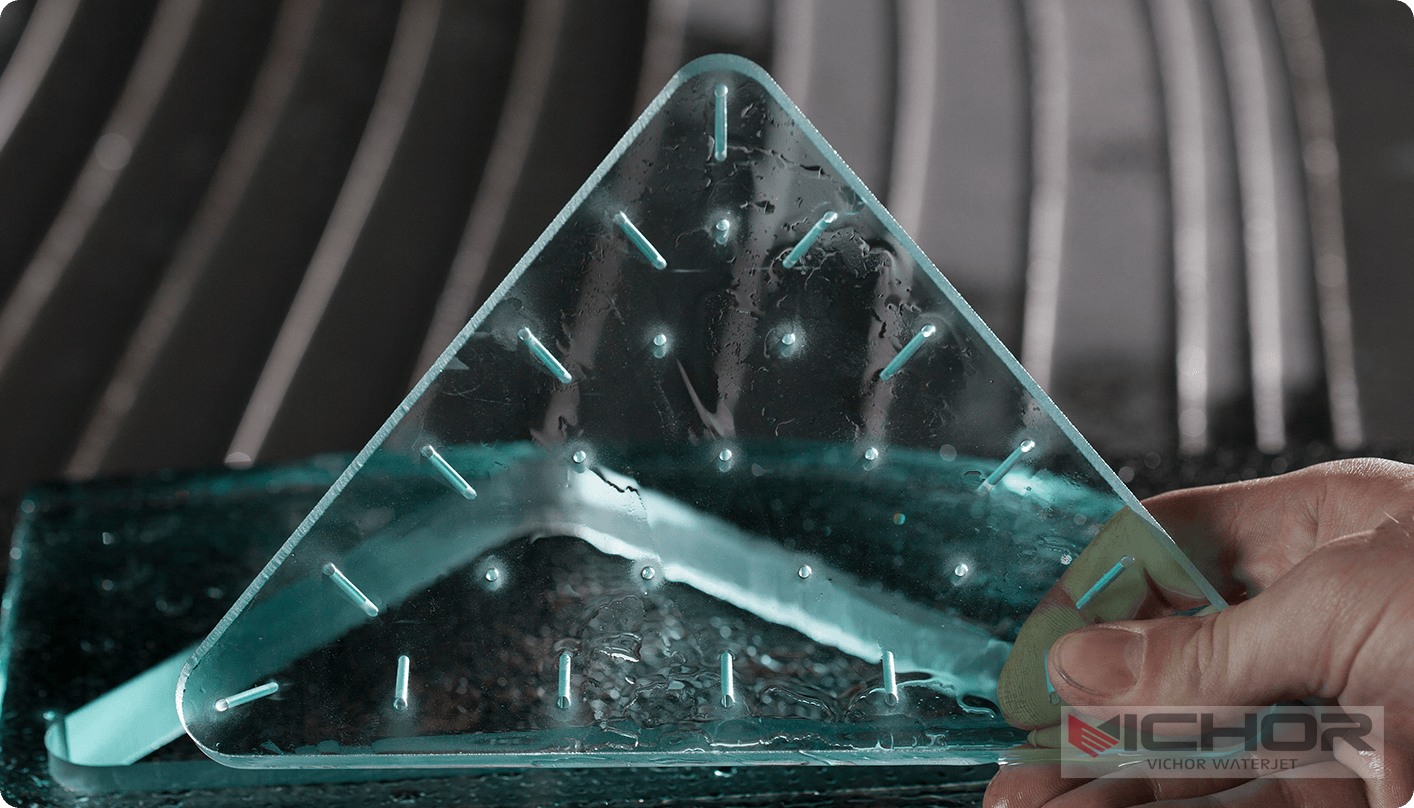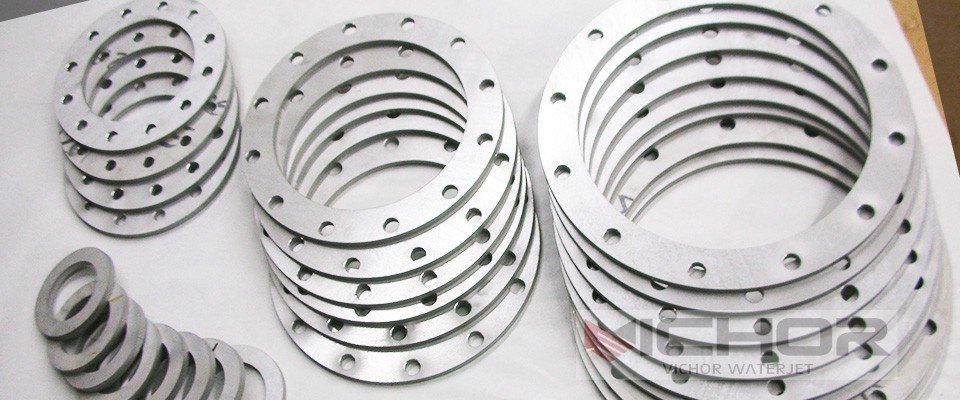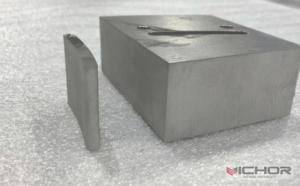
Top 5 Considerations When Choosing Waterjet Cutting Machine Manufacturers for Metal
In the demanding world of metal fabrication, precision, versatility, and efficiency are paramount. Waterjet cutting machine manufacturers for metal provide the essential technology that enables shops to cut intricate shapes, handle diverse alloys, and maintain material integrity without heat-affected zones. Selecting the right manufacturer isn’t just about buying a machine; it’s about forging a partnership for long-term productivity and technological advancement. This comprehensive guide explores the critical factors to evaluate when choosing among waterjet cutting machine manufacturers for metal.
Why the Manufacturer Matters for Metal Cutting
While the core principle of waterjet cutting remains constant, machines optimized for metal present unique challenges and requirements. Cutting through hardened steel, titanium, aluminum, or copper demands robust systems capable of generating and sustaining ultra-high pressures (often 60,000 PSI and above), precise abrasive metering, and advanced motion control to handle intricate geometries and tight tolerances. Waterjet cutting machine manufacturers for metal invest heavily in R&D specifically targeting these demands, developing features like enhanced pump reliability, specialized cutting heads for abrasive streams, and software algorithms optimized for metal properties. Choosing a manufacturer with deep expertise in metal applications ensures you get a system engineered for performance, durability, and the specific challenges of your projects.
1. Technical Capabilities & Machine Performance
The foundation of any evaluation lies in the technical prowess of the machines offered by waterjet cutting machine manufacturers for metal. Key performance indicators include:
Ultra-High Pressure (UHP) Pump Technology: The heart of the system. Look for robust intensifier pumps capable of reliably generating 60,000, 87,000, or even 90,000+ PSI. Higher pressure translates directly to faster cutting speeds, especially in thicker metals, and improved edge quality. Reliability and serviceability of the pump are critical.
Cutting Precision and Accuracy: Metal fabrication often demands extremely tight tolerances (sometimes within ±0.001″ / 0.025mm). Evaluate the machine’s positioning accuracy, repeatability, and linear motion systems (e.g., precision ground rails, high-quality drives, rigid gantry construction). Advanced dynamic height control (DHC) systems that automatically maintain the optimal standoff distance between the cutting head and the metal surface are essential for consistent quality, especially on uneven stock.
Cutting Speed and Thickness Capacity: How quickly can the machine cut various thicknesses of the metals you commonly use? Reputable waterjet cutting machine manufacturers for metal provide detailed cutting charts. Consider both pure waterjet for soft metals (like thin aluminum or copper) and abrasive waterjet capabilities for hardened steels and thick sections. Machines designed for metal typically handle thicknesses from gauge material up to 6 inches (150mm) or even more for some alloys.
Abrasive Delivery System: Consistent, controlled abrasive flow is vital for predictable cut quality and cost management. Look for systems offering precise metering, minimal waste, and smooth delivery to the cutting head without clogging or pulsation.
Table Construction and Load Capacity: Metal stock is heavy. Ensure the machine table (especially for larger gantry systems) is engineered with robust materials (like welded steel frames), has a high weight capacity, and features durable slat systems designed to withstand the impact of falling metal parts.
2. Material Expertise and Application Focus
Not all waterjets are created equal when it comes to metal. Leading waterjet cutting machine manufacturers for metal possess deep, specialized knowledge:
Metal-Specific Cutting Knowledge: They understand how different metals behave under the abrasive waterjet stream – the optimal pressures, speeds, abrasive types/grits, and techniques for achieving the best edge quality (minimizing taper, especially in thicker materials), surface finish, and dimensional accuracy for materials like stainless steel, aluminum, titanium, tool steels, brass, copper, and exotic alloys.
Software Optimization: Their control software often includes specialized cutting modes, material libraries, and taper compensation algorithms specifically tuned for metal cutting. Features like automatic piercing strategies that minimize damage to the material surface are crucial.
Experience with Industry Needs: Manufacturers focused on metal understand the demands of aerospace, automotive, defense, tool & die, and general fabrication shops. They design features catering to high-volume production (e.g., multi-head cutting, automation readiness), complex part nesting for material efficiency, and the need for minimal secondary processing.
Ability to Handle Challenging Cuts: Expertise in cutting thick plate, heat-sensitive materials, composites bonded to metal, and creating intricate internal features without starting holes (via precise piercing) is a hallmark of dedicated waterjet cutting machine manufacturers for metal.
3. Software, Controls, and Automation Integration
The intelligence driving the machine is as important as its mechanical strength. Evaluate the software ecosystem offered by waterjet cutting machine manufacturers for metal:
CAD/CAM Capabilities: Look for intuitive, powerful software that seamlessly imports various CAD file formats (DXF, DWG, STEP, IGES, etc.), offers advanced nesting algorithms to maximize material yield (critical for expensive metals), and generates efficient, optimized cutting paths. Features like automatic lead-in/lead-out and collision avoidance are essential.
Machine Control Interface: The operator interface should be user-friendly, provide real-time monitoring of critical parameters (pressure, abrasive flow, cutting head height, cutting speed), and allow for easy adjustments. Remote monitoring capabilities are increasingly valuable.
Automation Readiness: Integration is key for modern metal fabrication. Assess how easily the waterjet integrates with factory automation systems (MES/ERP), material handling robots (for loading/unloading), and pallet changers. Look for standard communication protocols (OPC UA, Ethernet/IP) and proven interfaces.
Advanced Features: Software capabilities like 3D cutting (for bevels or contouring), vision systems for part recognition or cut path adjustment, and predictive maintenance dashboards differentiate top-tier manufacturers.
4. After-Sales Support, Service, and Training
The relationship with waterjet cutting machine manufacturers for metal truly begins after the sale. Robust support is non-negotiable for minimizing costly downtime:
Service Network: What is the geographic coverage and response time of their field service technicians? Do they have certified technicians readily available near your location? 24/7 support availability is a significant advantage.
Parts Availability: Ensure critical spare parts (pump seals, valves, cutting head components, high-pressure fittings) are kept in stock regionally for rapid shipment. Downtime waiting for parts is lost revenue.
Technical Support: Access to knowledgeable technical support via phone, email, or remote diagnostics is crucial for troubleshooting operational issues quickly.
Comprehensive Training: Operator and maintenance training programs are vital. Look for structured training covering machine operation, software usage, basic maintenance procedures, and safety protocols. On-site training is often preferred.
Preventive Maintenance (PM) Programs: Proactive maintenance is key to longevity and reliability. Manufacturers should offer clear PM schedules, kits, and potentially service contracts.
Application Support: Access to engineers who can help optimize cutting parameters for specific metals or challenging jobs adds significant value.
5. Manufacturer Reputation, Experience, and Credentials
The stability and track record of the waterjet cutting machine manufacturers for metal provide confidence in your investment:
Industry Experience and Longevity: How long has the manufacturer been specifically building waterjets for metal applications? A long history often signifies refined technology, reliability, and industry understanding.
Reputation and Customer References: Seek out reviews, testimonials, and case studies from other metal fabrication shops, particularly those with similar applications or volumes. Ask the manufacturer for references you can contact directly.
Installed Base: A large, global installed base, especially within the metalworking industry, is a strong indicator of reliability and customer satisfaction.
Certifications and Standards: Look for manufacturers adhering to international quality standards like ISO 9001. Certifications specific to certain industries (e.g., aerospace, defense) can also be relevant.
Financial Stability: Ensure the company is financially sound to guarantee long-term parts availability and support continuity.
Innovation Pipeline: Does the manufacturer invest in R&D? A commitment to ongoing innovation ensures your machine won’t quickly become obsolete and that you can benefit from future technological advancements.
Focus: Is metal cutting a core market, or just one of many applications they serve? Dedicated waterjet cutting machine manufacturers for metal typically offer deeper expertise and more tailored solutions.
Making the Strategic Choice
Selecting among waterjet cutting machine manufacturers for metal requires a careful, holistic evaluation beyond just the initial price tag. It’s an investment impacting your shop’s capabilities, efficiency, quality, and profitability for years. Prioritize manufacturers who demonstrate:
Proven Technology: Robust, high-performance machines specifically engineered for the rigors of metal cutting.
Deep Metal Expertise: Intimate knowledge of metal properties, cutting challenges, and industry requirements.
Advanced & Integrated Software: Intelligent controls that streamline workflow and enable automation.
Unmatched Support: A responsive, comprehensive global service and support network minimizing downtime.
Strong Reputation & Stability: A track record of reliability, customer satisfaction, and long-term commitment to the industry.
By thoroughly investigating these five critical aspects, you can confidently identify the waterjet cutting machine manufacturers for metal best equipped to be a true partner in advancing your metal fabrication capabilities and driving your business success. Engage in detailed discussions, request demonstrations cutting your specific materials, visit existing customer sites if possible, and scrutinize service agreements. The right partnership will deliver precision, productivity, and a significant competitive edge.
continue reading
Related Posts
- 1077 words5.4 min read
- 1175 words5.9 min read
- 1255 words6.3 min read




